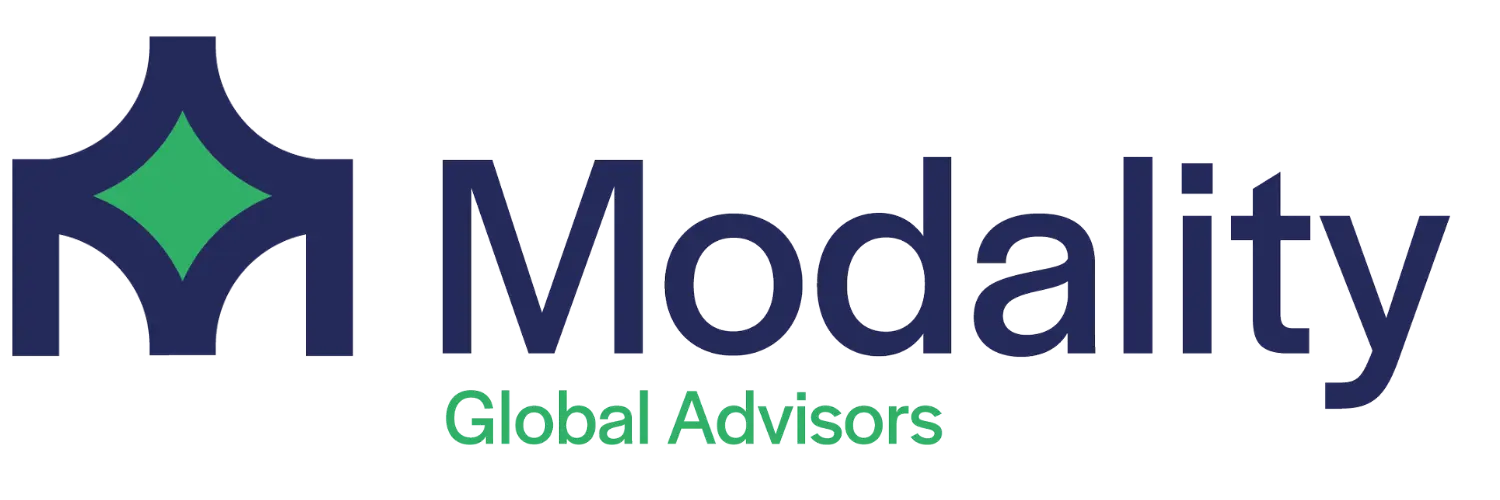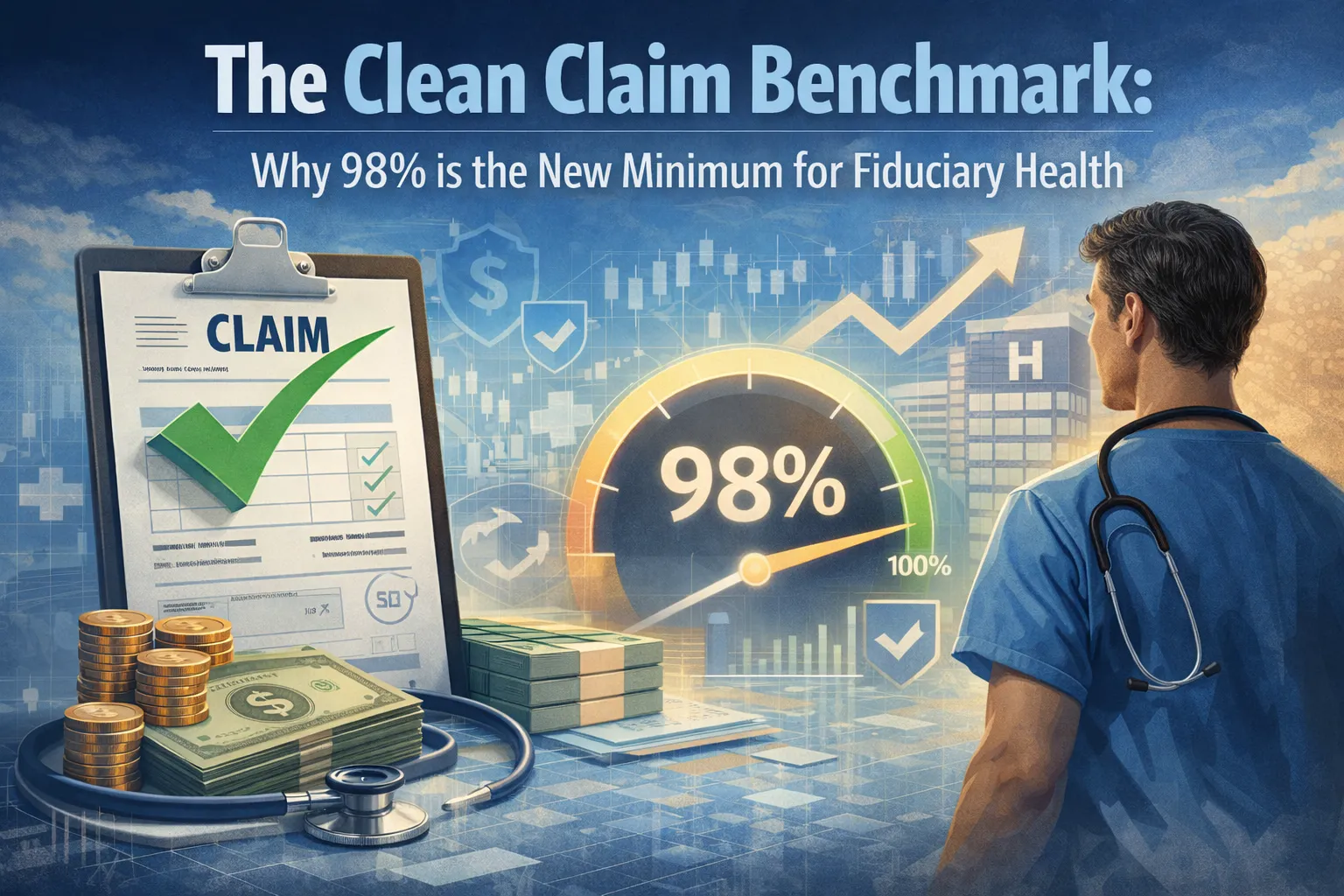Health Equity and Disparities Among Native Hawaiian and Pacific Islander Populations
Closing the Gap: Culturally Responsive, Value-Based Care for Native Hawaiian & Pacific Islander (NHPI) Communities
Native Hawaiian and Pacific Islander (NHPI) communities face disproportionate burdens of chronic disease, access barriers, and socioeconomic stressors. Life expectancy for Native Hawaiians is roughly a decade below the state average; Pacific Islanders experience a 3× higher risk of diabetes-related death; NHPI youth have higher obesity and lower activity rates; and only ~20% of NHPI adults access mental health care compared with ~45% of non-Hispanic white adults. These are not isolated statistics—they reflect structural inequities that demand targeted, culturally grounded solutions.
What Works: Community-Led, Culturally Competent Care
- Community Health Access Points: Federally qualified health centers, church- and village-based clinics, and mobile units staffed by bilingual, culturally aware teams.
- Telehealth & Hybrid Models: Low-bandwidth video/phone, hub-and-spoke tele-specialty consults, and after-hours access to reduce travel/time costs.
- Prevention First: Culturally tailored diabetes, hypertension, and cancer screening campaigns; school- and canoe club–based activity and nutrition programs.
- Mental Health Integration: Warm handoffs in primary care, peer navigators, traditional healing integration, and stigma-reducing group formats.
- Language & Literacy: Plain-language materials in ʻŌlelo Hawaiʻi, Samoan, Tongan, Chuukese, Marshallese; interpreter services embedded in scheduling and visits.
A Value-Based Care Playbook for NHPI Health
- Stratify & Find the Gap: Build NHPI registries using EHR + payer data; segment by SDOH, language, geography, and clinical risk.
- Design Team-Based Models: PCP + community health worker + behavioral health + pharmacist; embed peer navigators and cultural liaisons.
- Bundle Preventive Services: Same-day BP, A1c, retinal/photo screening; cancer screening with navigation and transport vouchers.
- Contract for Outcomes: Tie incentives to BP control, A1c <8%, cancer screening completion, depression remission, avoidable ED reductions.
- Measure Equity Explicitly: Track outcome differences by ethnicity, language, island/zip; publish dashboards with community partners.
Data & Digital Enablers (Built for Access, Not Just Analytics)
- SDOH capture in EHR (housing, food, transport) with closed-loop referral networks to local CBOs.
- Text-first outreach, offline-capable patient apps, and community Wi-Fi kiosks; consent in preferred language.
- RPM starter kits (BP cuff, glucometer) with data plans and loaner devices; bilingual tech support.
- Privacy by design: encryption, role-based access, culturally transparent data use statements.
Policy & Community Levers
- Coverage & Payment: Expand Medicaid eligibility; reimburse CHWs, interpreters, and tele-BH; support value-based primary care.
- Food & Activity: Produce Rx; healthy school meals; safe walking paths and ocean access; partnerships with canoe clubs and churches.
- Workforce: Scholarships and pipelines for NHPI clinicians; upskill CHWs; pay differentials for rural/outer island service.
NHPI Equity Implementation Checklist
- NHPI data fields standardized in EHR (ethnicity/language) and used in dashboards
- Community advisory board with NHPI representation meets quarterly
- Bilingual CHWs and interpreters embedded in clinics and call centers
- Telehealth platform supports low-bandwidth + interpreter three-way calling
- Co-designed education materials (ʻŌlelo Hawaiʻi, Samoan, Tongan, etc.)
- Same-day screening bundles & navigation for diabetes, HTN, cancer
- Mental health integration with warm handoffs + peer support
- Transportation/childcare vouchers tied to visits and procedures
- Equity incentives in contracts; quarterly equity review with action plans
- Public reporting of 3–5 equity KPIs with community partners
• NHPI analytics & registry build • Culturally responsive care model design • Telehealth & interpreter integration
• CHW program launch • Community partnership facilitation • Equity KPIs, dashboards, and value-based contracts
Partner with MGA on an NHPI Equity Acceleration Plan
Note: Strategies should be co-created with NHPI leaders and adapted to local languages, islands, and cultures.






